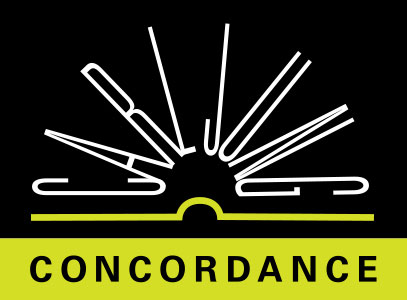Despite the fact that the Christian is potentially redeemed, he is given over to moral suffering, and in his suffering he needs the Comforter, the Paraclete:
He cannot overcome the conflict on his own resources; after all, he didn't invent it. He has to rely on divine comfort and mediation, that is to say on the spontaneous revelation of the spirit, which does not obey man's will but comes and goes as it wills. This spirit is an autonomous psychic happening, a hush that follows the storm, a reconciling light in the darknesses of man's mind, secretly bringing order into the chaos of his soul
CW11 ¶ 260HOLY GHOST AS A COMFORTER
LIKE THE FATHER
The Holy Ghost is a comforter like the Father, a mute, eternal, unfathomable One in whom God's love and God's terribleness come together in wordless union. And through this union the original meaning of the still-unconscious Father-world is restored and brought within the scope of human experience and reflection. Looked at from a quaternary standpoint, the Holy Ghost is a reconciliation of opposites and hence the answer to the suffering in the Godhead which Christ personifies
CW11 ¶ 260After he [Christ] had experienced the world's suffering, this God who became man left behind him a Comforter, the Third Person of the Trinity, who would make his dwelling in many individuals still to come, none of whom would enjoy the privilege or even the possibility of being born without sin. In the Paraclete, therefore, God is closer to the real man and his darkness than he is in the Son. The light God bestrides the bridgeManfrom the day side; God's shadow, from the night side. What will be the outcome of this fearful dilemma, which threatens to shatter the frail human vessel with unknown storms and intoxications? It may well be the revelation of the Holy Ghost out of man himself
CW11 ¶ 267GOD MAY BE REVEALED OUT OF MAN
Just as man was once revealed out of God, so, when the circle closes, God may be revealed out of man. But since, in this world, an evil is joined to every good, the `mirror-image pneuma' will twist the indwelling of the Paraclete into a self-deification of man, thereby causing an inflation of self-importance of which we had a foretaste in the case of Nietzsche
CW11 ¶ 267THE DIVINE GERM WITHIN US
The more unconscious we are of the religious problem in the future, the greater the danger of our putting the divine germ within us to some ridiculous or demoniacal use, puffing ourselves up with it instead of remaining conscious that we are no more than the stable in which the Lord is born. Even on the highest peak we shall never be “beyond good and evil,” and the more we experience of their inextricable entanglement the more uncertain and confused will our moral judgement be
CW11 ¶ 267